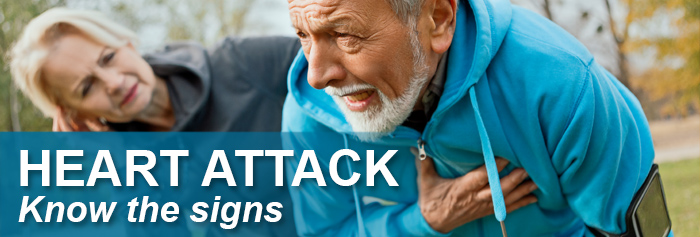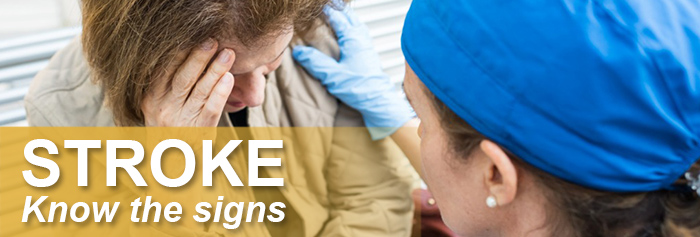When to use the Emergency Department
Visit the emergency department if you feel you have a serious or urgent medical problem.
Some examples of serious or urgent medical problems include but are not limited to:
- Chest pain
- Breathing problems
- Stroke or stroke-like symptoms
- Weakness or dizziness that does not get better
- Sudden loss of vision
- Sudden confusion
- Unusual severe headache
- Frequent vomiting and diarrhea and/or severe belly pain
- Injury to the head (especially if person lost consciousness, fainted or became confused)
- Injury to the neck or spine (especially with loss of feeling or motion in a part of the body) do not move a person with this problem unless it is a life and death situation, e.g. fire, drowning, etc.
- Sexual assault
- Large cut or wound
- Injury to a joint or limb with loss of use, swelling and severe pain
- Serious burns, inhalation of smoke or other poisonous fumes
- Severe allergic reactions
- High fever that cannot be controlled or any fever if the person is receiving cancer medications
- Sudden high fever with neck stiffness and headache
- Poisoning or drug/alcohol overdose
- Suicidal thoughts
In case of an emergency, go to the nearest emergency department or call 911 for an ambulance. For health advice, call the NL Health Line at 811.
Looking for health advice?
If you are unsure whether you, or a loved one, should go to the Emergency Department, please call 811 to speak with a registered nurse 24 hours, seven days a week.
If you are experiencing an emergency, please call 911 for an ambulance.
If you are experiencing a mental health crisis, please call the NL Health Line at 811.


